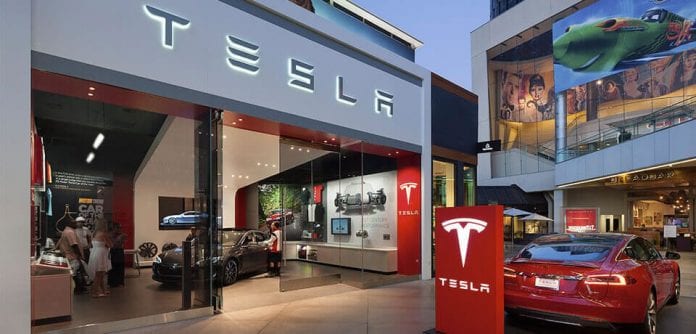Tesla Motors Inc (NASDAQ:TSLA), the electric car maker, has gotten into a huge tax incentive deal with the government of Nevada that is said to be worth $1.3 billion. The deal is structured in such a way that Tesla will receive tax incentives for a period of about 20 years. This means that the company will not be paying property and sales tax for the first 20 years it is going to operate in Nevada.
On the other hand, the company is required to build a giant factory in the region. The factory, which is supposed to be used to manufacture batteries for the different models of electric cars that the company makes, is expected to trigger the economy of Nevada.
But it appears that the size of the deal, being the largest in Nevada and one of the biggest in the entire country, has elicited mixed reactions from observers. On one hand are those who believe that the deal is history in the making. This group of observers argue that the benefits that the State of Nevada is set to gain from the deal far outweigh the losses it seems to be making in the form of missed taxes. On the other hand are those who question the figures that both Tesla and the Nevada government are announcing in their projections.
The manner in which Tesla has managed to convince Nevada to give it such a big deal is intriguing. In the first place, the company set on a long process of trying to get the right place to build its factory. States lined up to attempt to lure the company to their backyards.
This, according to Martin Kenney who teaches political science in a local university, gave Tesla an upper hand. The company managed to take advantage of the competition that existed in the group of potential suitors which was made up of the likes of Texas, Arizona and even New Mexico.
The Nevada government has argued that the deal will spur economic development in the State by creating over 6,000 direct jobs and thousands of other indirect jobs. This is expected to attract other companies whose entry may lead to the development of an industry. In the long term, according to the projections of the government, the state will be able to rake in much more in the form of taxes than what it appears to be losing at this stage.
But Bob Fulkerson, a local politician who has been opposed to the deal, says that the State stands to lose in the deal. He says that the size of the deal cannot be justifiable by simply considering figures of future projections since things may go wrong for the company in the future, ruining the party completely.









